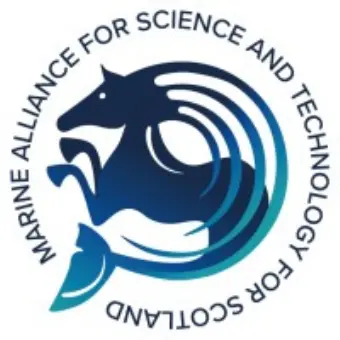Ocean Job Board


MASTS
Qualification Type: PhD
Location: Colchester
Funding for: UK Students, Self-funded Students
Funding amount: Living costs stipend at the UK Research and Innovation recommended level per year. The stipend for 2024-25 is £19,237. The rate for 2025-26 TBA.
Hours: Full Time
Placed On: 21st November 2024
Closes: 7th February 2025
Reference: 11360 Life Sci / Sociology Oct 2025
Project Overview
This is an opportunity to conduct fully funded interdisciplinary research under the ‘Sustainable Transitions – Leverhulme Doctoral Training Programme’ at the University of Essex.
In the UK recreational hunters harvest 1.4 million waterbirds annually, such as wild ducks and geese. International legal agreements require that this harvest be sustainable (e.g. African Eurasian Waterbird Agreement), but questions remain whether and how the UK harvest could achieve this. Lack of ecological data on hunting effort and success and lack of adaptive regulation of wildlife harvest are barriers that prevent a transition to sustainable and well regulated wildlife harvests. Underpinning each of those barriers are cultural attitudes and values that limit the ability of society and government to change; e.g. to introduce new and sustainable ways of working towards shared conservation goals, i.e. more waterfowl.
This PhD project will develop approaches in ecological and social sciences to help overcome barriers to sustainable recreational hunting – leading to methods that can help the UK government meet social and conservation objectives. Areas of research could include estimating species specific harvest of waterbirds, developing methods to make harvest estimation easier, understanding the social licence of wild bird hunting in the UK, and exploring social and practical barriers to positive ecological outcomes for hunted waterbirds.
Interdisciplinary Focus and Methods
Working with stakeholders in government, conservation, the public and hunting sectors you can develop approaches to overcome barriers to sustainable wildlife harvest. Embedded in a socio-ecological context you will use a range of methods (such as ecological models, surveys, qualitative interviews and focus groups) to determine current recreational harvests of waterbirds and better understand differences in worldviews that can help or hinder a sustainable transition in wildlife management.
Person Specification
This opportunity would suit a candidate with a background or interest in conservation science, natural resource management and policy. We are interested in candidates with a degree (or equivalent experience) in biological or environmental disciplines, sociology, maths or computing. It is not necessary for the candidate to have prior training in population ecology or qualitative social science methodologies as these will be provided on the programme.